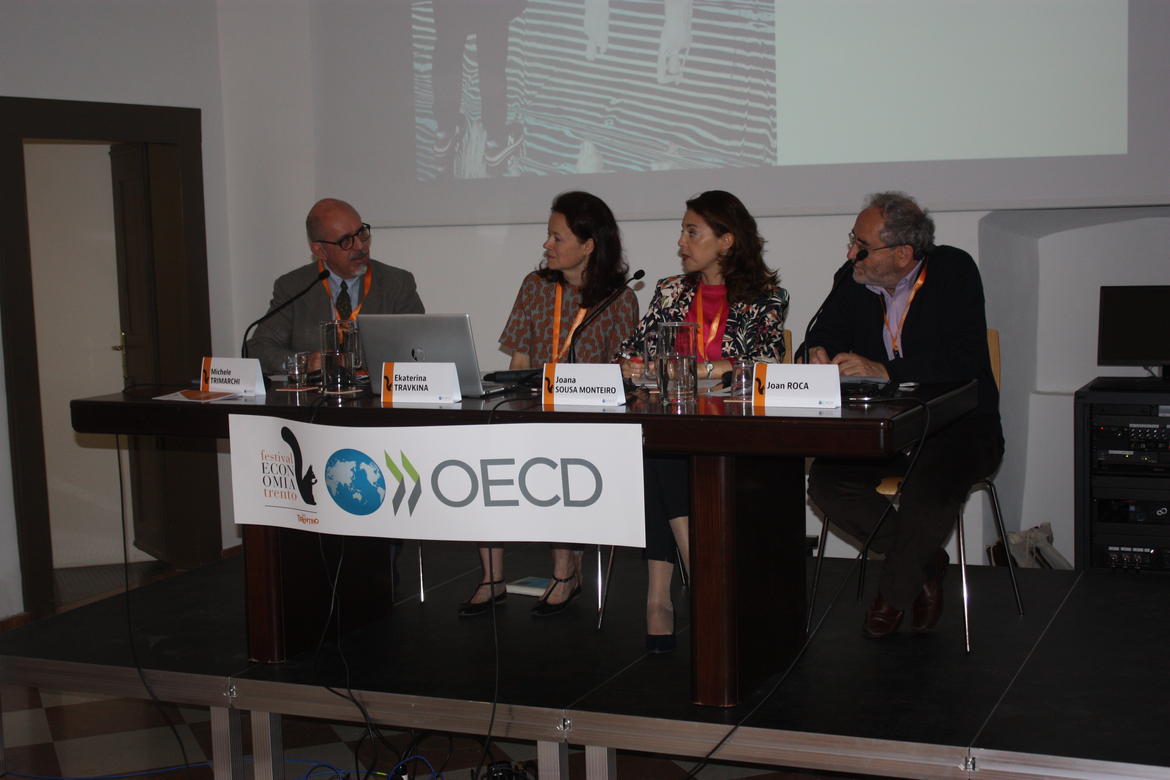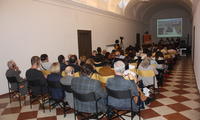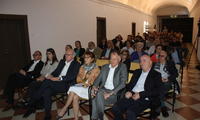
Cultural and creative sectors constitute a vibrant economic activity by not only creating jobs, new businesses, new tax revenues but also by acting as promoters of integration and inclusion of social groups at risk of marginalisation, such as young people, migrants and disabled people.
Culture is no longer identified with the conventional and static label linked to mere artworks and museums. It now embraces the anthropological vision, in which culture shapes the identities of places through beliefs, praxes, uses and traditions. In the last 30 years, museums also have proven to be dynamic and stimulating centres of knowledge able to establish a long-term engagement with different audiences and acting as agents of social and economic development.
“The sophisticated complexity of the contemporary society suggests the need for hybridisation and cross-fertilisation of the arts and culture with ordinary urban life, as main stakeholder of cultural values, considering the growing cosmopolitism and the rich interaction between the analogic and digital dimensions” says Michele Trimarchi. The value of culture increasingly manifests in a consistent urban fabric, overcoming the traditional isolation of the arts and culture in the so-called “ivory towers”. "Culture should be everywhere and permeable to the public," says the economist.
"A new generation of city museums is emerging, conceived as network museums, polycentric, which can be particularly effective if they maintain the historical perspective in their narratives," says Joan Roca. "City museums promote local identity values that connect the uniqueness of the heritage, the urban place, history and the present", reiterates Joan Sousa Monteiro. Enhancing metropolitan redistribution of culture (symbolic wealth) really matters: contemporary heritage in the suburbs, e.g. industrial heritage, is a key issue of social cohesiveness and city development. The new museum formats allow for a better connection to a different, traditionally excluded, social urban fabric, such as disadvantaged, migrants and the disabled. By being rooted in the reality of their places, museums are able to invigorate and shape local identities, as opposed to some global trends.
"Culture and creativity can really become key factors for local development," says Ekaterina Travkina of the OECD, “subject to certain conditions: to renew cities through culture and heritage, it is essential to work in a multilevel dimension where communities, cities, territories, and institutions come together”. Culture has always been a stratification and mixture of different cultural identities, we should only recognise it.











